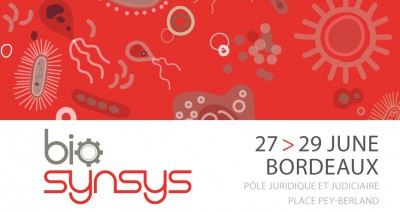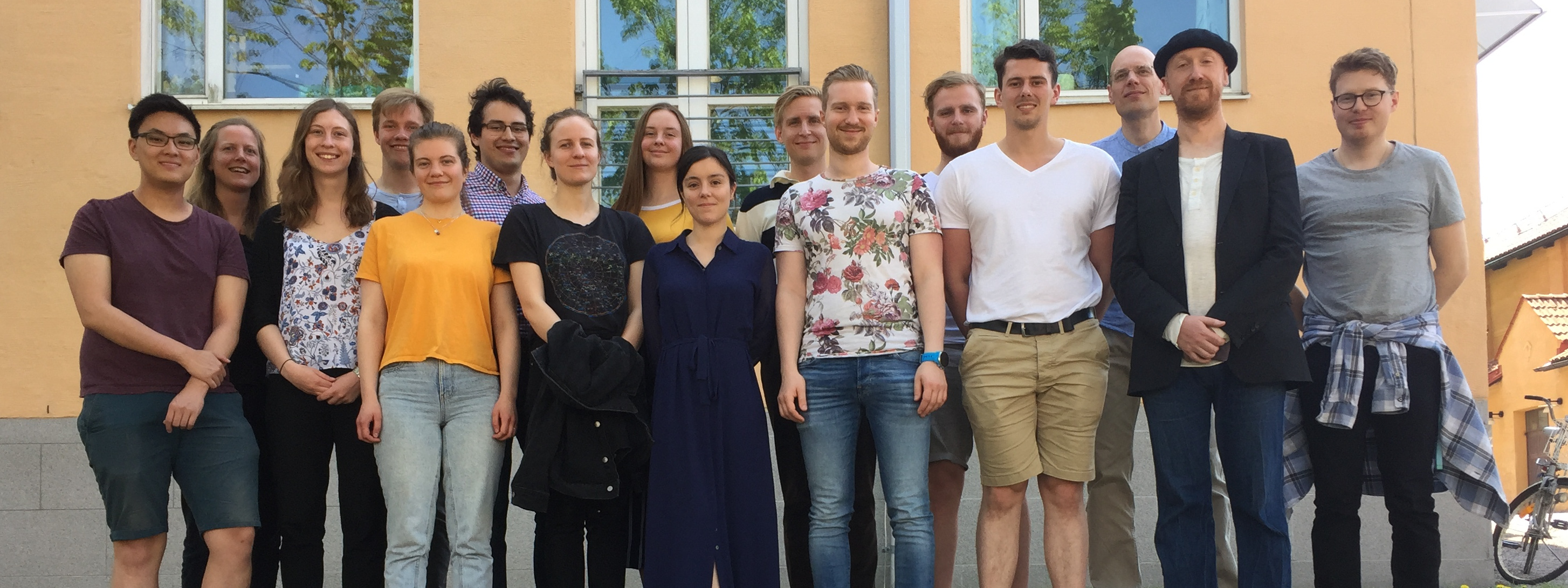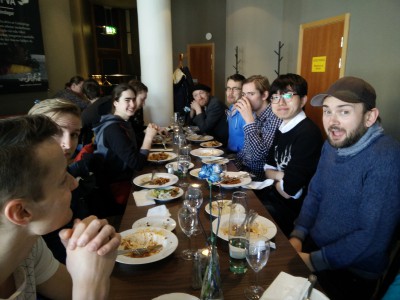We have been invited to give an oral presentation at the annual systems and synthetic biology conference BioSynSys, which this year is held in Bordeaux, June 27-29. The lecture of Gunnar Cedersund will be held on June 29, and will be on recent conceptual and methodological developments that help us to find more accurate and well-identified predictions and prediction uncertainties, especially in the case of unidentifiability of parameters and single-cell data. Full abstract and title is appended below, and the conference home page is found here.
 TITLE AND ABSTRACT
TITLE AND ABSTRACT
Prediction
uncertainty in the case of unidentifiability and single-cell data – new
concepts and methods
Mathematical
modelling is an integral part of both systems and synthetic biology, because it
can more accurately deal with the complexity of biological data. However, to be
truly useful, the predictions of the model must be in the form of core
predictions, i.e. they must come with a correct uncertainty. In the last few
years, there have been important progress in this field, especially concerning
the important situations of unidentifiable parameters and single-cell data.
This presentation will give an overview of some of these developments.
In the case
of unidentifiable parameters, it has become clear that traditional approaches
based on sensitivity analyses, the Hessian of the cost function, and
sampling-based Monte Carlo approaches all give inaccurate results. In such
situations, one may instead use rediscovered and recently improved alternatives
based on the conditional profile of the likelihood function. Importantly, these
methods can now not only be used for assessing the uncertainty of parameter
values, but for the uncertainty of arbitrary model predictions.
For the
case of single-cell data, problems with unidentifiability are often more
severe: it is often not possible to generate enough data from a single cell,
and averages over many cells provide inaccurate results. In such cases, it is
instead better to use methods from nonlinear mixed-effects modelling (NLME),
which borrows information across the entire cell-population. Using simulated
data where the truth is known, and real data from individual yeast cells, I
will illustrate when, why, and how NLME is advantageous.
All in all,
these new and improved concepts and methods provide important tools for a sound
and correct model-based analysis of single-cell data.

 TITLE AND ABSTRACT
TITLE AND ABSTRACT


